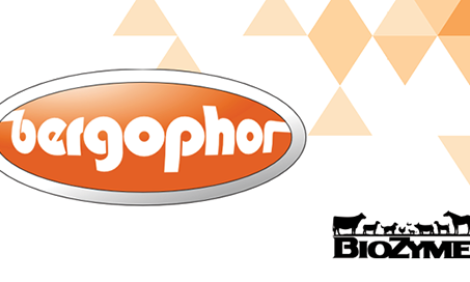



Brazil Vows to Take Poultry Fight to WTO
SOUTH AFRICA - While the Brazilian chicken industry said yesterday that it would take the fight to the World Trade Organisation (WTO), local producers have vowed to prove that other imported chicken products do not comply with WTO rules.This comes after the South African government decided to add additional charges of between 6 per cent and 63 per cent on imports of Brazilian chicken, which are the source of a dumping investigation.
Duties were added to boneless cuts and whole frozen chickens, reports BusinessDay.
Brazilian chicken association Ubabef’s marketing relations manager, Adriano Zerbini, yesterday questioned the process of the investigation. "Those products account for only 3 per cent of total consumption in SA, that cannot possibly constitute dumping. The industry will be consulting with government to take the matter to the WTO."
South African authorities moved to protect local producers, although complaints that Brazilian producers are dumping chicken in SA have not yet been proven.
The additional duties will be imposed for the next 26 weeks until a preliminary investigation of dumping by the International Trade Administration Commission of SA (Itac) — responsible for customs tariff investigations, trade remedies, and import and export control in SA — has been finalised.
"It is only the South African consumers who will suffer," Mr Zerbini said. He said Itac did not consider taxes in Brazil. "When we export our products there are no taxes on them, but in the domestic market, there is 16.5 per cent of taxes on the products sold. Additionally, Brazilian companies submitted information of more than 1,5-million transactions in the domestic market to Itac which was not considered. After weeks of hard work, the companies submitted the information and they were considered noncooperative," he said.
Southern African Poultry Association chairman Marius Gericke said there were other products which would be investigated. "Brazil has not adhered to the principles of fair trade in SA," he said. "(The association) will continue to do all that is necessary to demonstrate to the commission that various other poultry products imported into SA are not conducted according to and in compliance with WTO rules."
The real issue here is jobs, Mr Gericke said. "Brazil has a massive poultry industry supporting thousands of workers; in fact the country is a real success story when it comes to the development of their agribusiness sector. The issue is whether our economy and our workers should be prejudiced by imported poultry that costs far less than the price at which it is sold in Brazil.
"We have a duty to safeguard our industries and their potential to create more jobs through expanded markets," Mr Gericke said the primary goal of the poultry association was to ensure that a level playing field existed.
Chicken producer Astral Foods’ MD, Theo Delport, welcomed the commission’s decision to increase duties. "It is a positive move for the local industry, we would like the commission to look into leg quarters too," he said.
According to the association, in 1999 imports from Brazil reached 11198 tons; in 2010 the figure ballooned to 193896 tons.
In 2010, about 73 per cent of poultry imports came from Brazil. The closest competitor was Argentina with 10,3 per cent and Canada with 7,1 per cent. At this rate poultry imports are projected to reach about 19,2 per cent of consumption this year.
Shares of Rainbow Chicken and Astral Foods rose as much as 2 per cent and 3 per cent on the news that tariffs would be introduced.
Further Reading
|
| - | Go to our previous news item on this story by clicking here. |









